Opportunities and challenges intertwine
It can be seen that, in recent times, with the scale of a special urban area, the volume and frequency of management tasks and socio -economic development organization of Ho Chi Minh City has always been much higher than that of other provinces and centrally-run cities.
With a high degree of “openness”, the city’s socio-economic development is fast, sensitive to the state of the world economy, always giving rise to new issues, posing many pressures and challenges to the public service in management and operation. In addition, in recent times, the city has always received tasks assigned, decentralized and authorized by the central government, so public service activities have changed a lot, constantly increasing pressure.
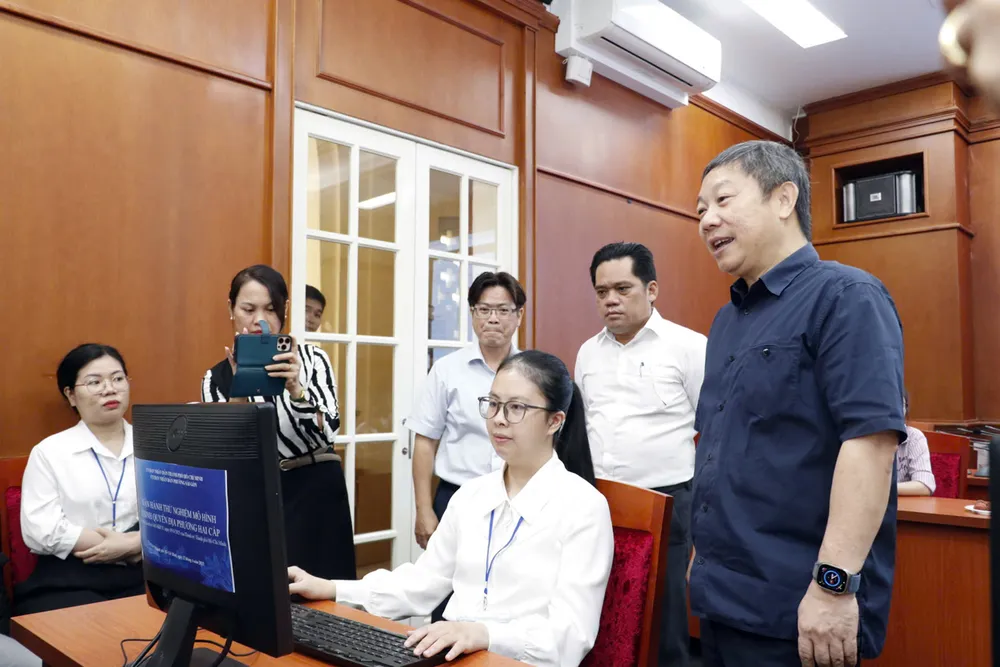
Implementing the revolution of streamlining and rearranging the apparatus of the political system, Ho Chi Minh City merged with Ba Ria - Vung Tau province and Binh Duong province to become a new Ho Chi Minh City with a population of nearly 14 million people, an expanded area, with all areas: urban, rural, sea, and island. This merger brings opportunities for the public service of the new Ho Chi Minh City in all aspects.
Specifically, along with the implementation of the arrangement and streamlining of the political system, Ho Chi Minh City has the opportunity to review and screen the team of cadres, civil servants and public employees to consolidate and improve the management capacity to adapt to the new organizational model, with the scale and scope of leadership and management of a megacity. At the same time, improve the management capacity when having to perform the role and manage in many areas and fields. The new city will have an environment to train and practice the team of cadres, civil servants, leaders, managers...
However, with a larger scale, the new Ho Chi Minh City civil service also faces many challenges, especially in the early stages. That is, the pressure in multi-faceted management when there are enough urban, rural and island areas. This reality requires the new Ho Chi Minh City civil service to have a vision and comprehensive capacity for areas and fields that are not under the current leadership and management of the city. This poses the challenge of transforming the thinking, awareness and specific leadership and management activities of each agency, unit, cadre and civil servant in the civil service.
In addition, ensuring the harmony of goals, interests and development coordination among localities and regions; among social groups and between sectors and fields in the city is also a big challenge. This reality stems from reasons such as: the subjects of coordination and resource allocation are more and more diverse; there is a gap in level and development level among localities; limited resources; the ability to accurately identify specific practical issues... If not taken care of and viewed comprehensively, this could be a big challenge. Along with that, in the initial period of reorganization, ensuring consistency in the system of strategies, policies and specific regulations in the management of sectors and fields of the new Ho Chi Minh City is also an issue that needs attention and resolution.
Powerful digital transformation of public service activities
The reorganization of provincial and communal administrative units, along with the transition to a two-tier local government model, may pose challenges and difficulties in providing public services in the new Ho Chi Minh City. In addition to implementing legal regulations and instructions from central agencies, the Ho Chi Minh City government needs to quickly specify and synchronously implement solutions to ensure that they do not affect people and businesses.
In the immediate future, the commune level needs to receive and perform well the tasks and provide public services that are currently under the district level. Proactively review and detect to supplement the implementation of tasks under its authority and propose to perfect the system of mechanisms, procedures and general policies throughout the city.
In the long term, it is necessary to strongly digitalize public service activities along with scientific and effective decentralization, delegation, and authorization. All activities of the public service need to be aimed at serving the people and businesses. It is necessary to approach the construction of a new Ho Chi Minh City public service from the role of the city in the overall development of the country as well as the requirements of governance and development organization of a megacity, setting new requirements and missions for the city's public service.
From that approach, we define the goals and tasks - solutions to build a more fundamental and comprehensive civil service. We identify this as an urgent and necessary task for the city's civil service to be professional, modern, effective and efficient, and as a central factor that determines the process of building and developing Ho Chi Minh City sustainably in the new development context.
Innovation in staff training
Faced with the new requirements of the public service, building a team of cadres, civil servants and public employees who are up to the task is of great significance, leading and deciding the sustainable development process of the new Ho Chi Minh City. In particular, the training and development of the team must be comprehensively and synchronously innovated on the basis of grasping and forecasting the need for knowledge and skills to meet the current and future operational requirements of each cadre, civil servant and public employee.
Dr. BUI NGOC HIEN
Ho Chi Minh City Academy of Officials
Source: https://www.sggp.org.vn/xay-dung-moi-truong-cong-vu-tphcm-moi-chuyen-nghiep-hien-dai-post799398.html












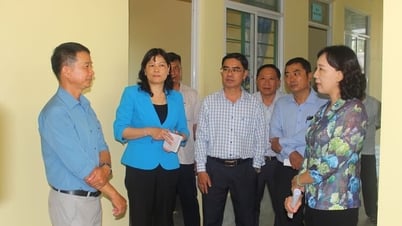

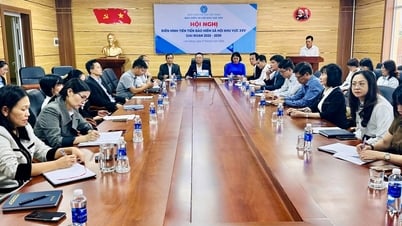

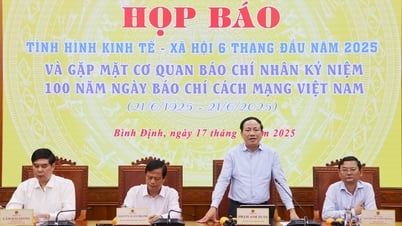







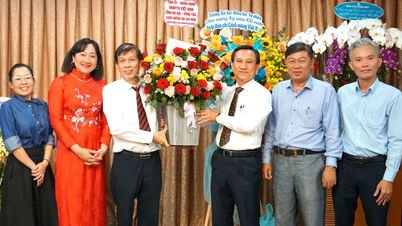

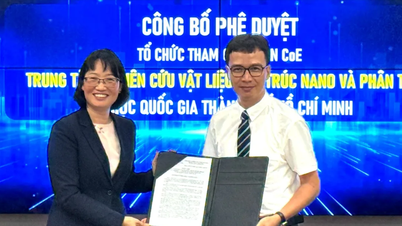

























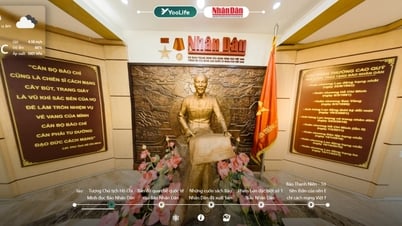


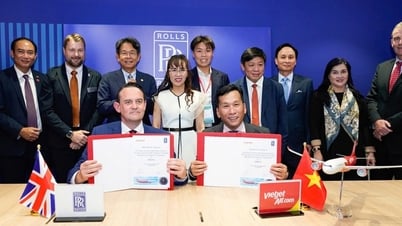



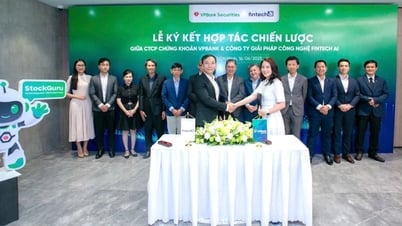

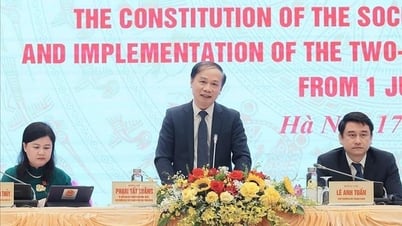





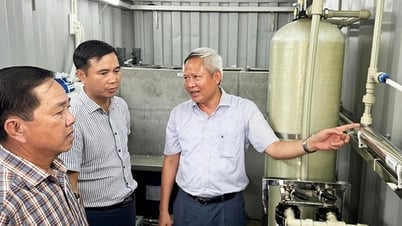

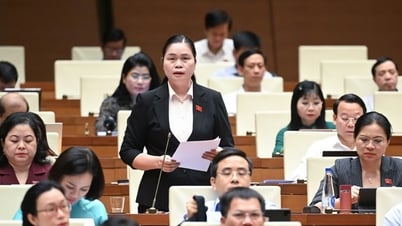









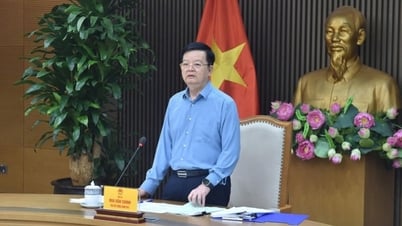



















Comment (0)